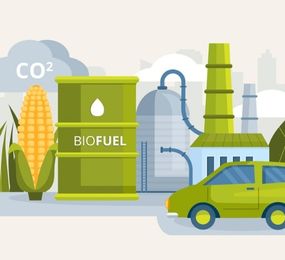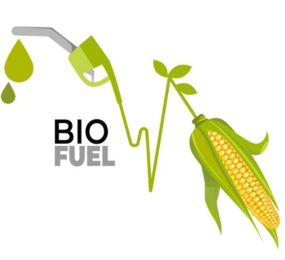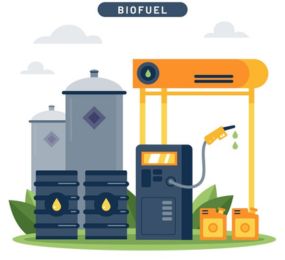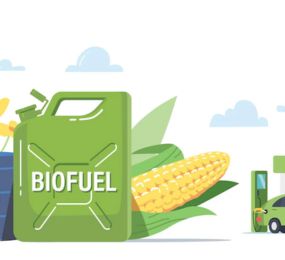Carbon pricing has emerged as a key policy tool for incentivizing emissions reduction and combating climate change. By putting a price on carbon emissions, carbon pricing mechanisms create economic incentives for businesses and individuals to reduce their greenhouse gas emissions and transition to cleaner, more sustainable practices.
One common approach to carbon pricing is through the implementation of a carbon tax, which imposes a fee on the carbon content of fossil fuels based on their emissions intensity. By internalizing the social cost of carbon emissions, carbon taxes incentivize businesses and consumers to reduce their carbon footprint by investing in cleaner technologies, improving energy efficiency, and shifting towards renewable energy sources.
Another approach to carbon pricing is through cap and trade systems, where governments set a cap on total emissions and allocate permits to emit a certain amount of carbon dioxide. Companies can buy and sell these permits in carbon markets, providing flexibility for emissions reduction and creating a financial incentive for businesses to invest in emissions-reducing technologies and practices.
Carbon pricing mechanisms play a crucial role in driving emissions reduction by internalizing the external costs of carbon emissions and providing economic incentives for businesses and consumers to transition to low-carbon alternatives. By putting a price on carbon, carbon pricing mechanisms encourage innovation, spur investment in clean technologies, and accelerate the transition to a low-carbon economy.
Furthermore, carbon pricing can generate revenue that can be reinvested in climate mitigation and adaptation efforts, such as renewable energy development, green infrastructure projects, and climate resilience initiatives. This not only helps to finance the transition to a low-carbon economy but also ensures that the costs of addressing climate change are borne by those responsible for the emissions.
In conclusion, carbon pricing is a powerful policy tool for incentivizing emissions reduction and driving the transition to a low-carbon economy. By putting a price on carbon emissions, carbon pricing mechanisms create economic incentives for businesses and individuals to reduce their carbon footprint and contribute to global efforts to combat climate change and promote sustainable development.
To register or learn more about the Forum please check here: https://www.leadventgrp.com/events/world-esg-and-climate-summit/details
For more information and group participation, contact us: [email protected]
















